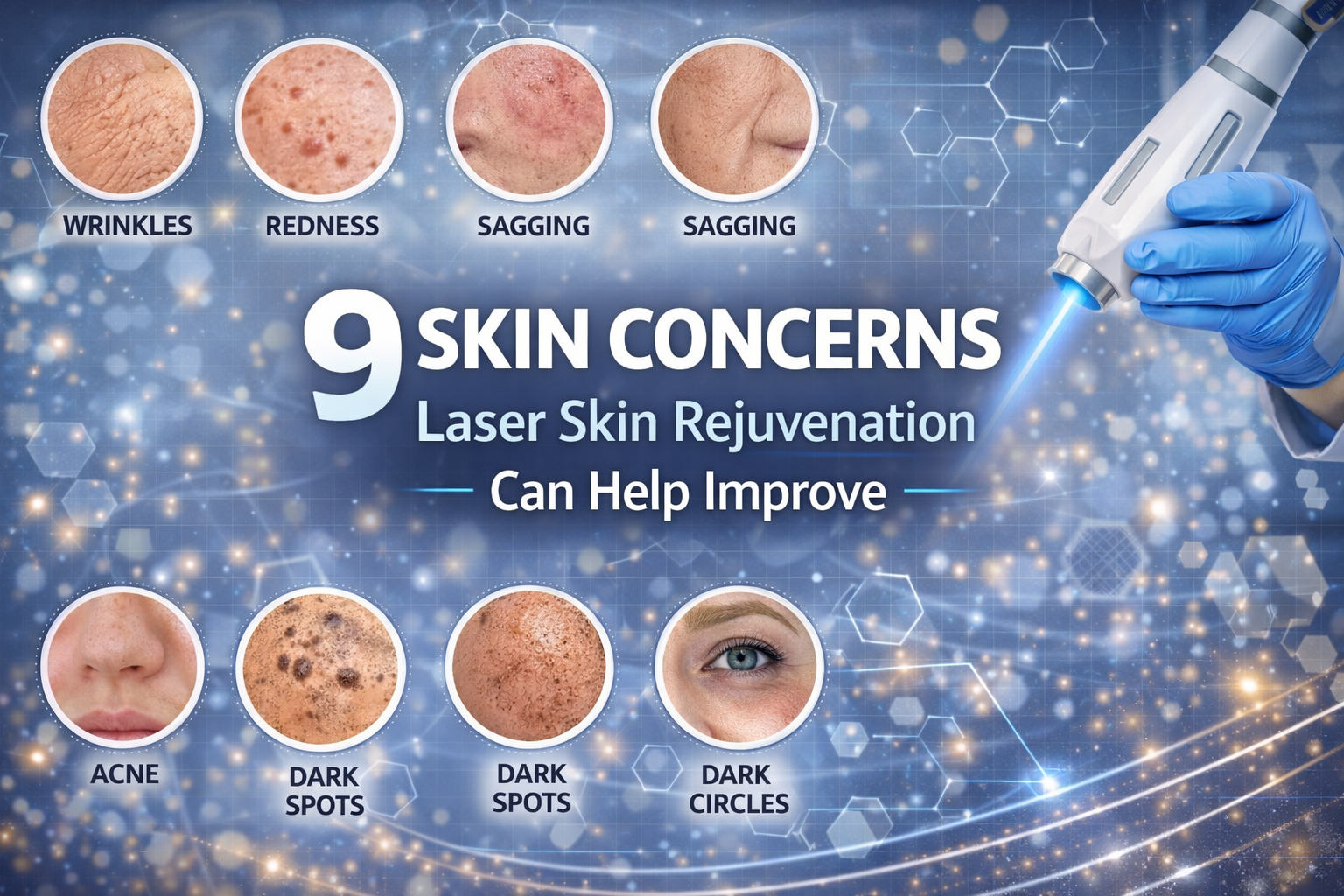Does Botox For Migraines Work?
Chronic migraines can significantly impact one's quality of life, causing persistent pain, debilitating headaches, and a host of other distressing symptoms. However, a ray of hope lies in the form of Botox, a neurotoxin best known for its cosmetic uses. Beyond its aesthetic applications, Botox has emerged as a promising treatment option for chronic migraines. By targeting specific muscles and nerves involved in migraine headaches, Botox injections offer a potential solution for those seeking relief from the relentless cycle of pain and discomfort. In this article, we delve into the remarkable therapeutic benefits of Botox in combating chronic migraines and explore how this treatment approach is transforming the lives of countless individuals worldwide.
How are Chronic Migraines Defined?
There are several Botox mistakes that a person can make which is why you should always partner with a skilled practitioner. Chronic migraines are a specific form of migraines characterized by the frequency and duration of headache episodes. They are defined by the International Headache Society (IHS) as migraines that occur on 15 or more days per month for at least three months, with at least eight of those headache days fulfilling the criteria for a migraine attack. In addition to the increased frequency, chronic migraines are associated with moderate to severe throbbing or pulsating pain, often localized to one side of the head. These headaches are typically accompanied by symptoms such as nausea, vomiting, sensitivity to light and sound, and can be aggravated by physical activity. Chronic migraines can significantly impact an individual's daily life, leading to reduced productivity, impaired functioning, and diminished quality of life. Proper diagnosis and management are crucial in addressing chronic migraines and providing appropriate treatment strategies to alleviate symptoms and improve overall well-being.
5 Reasons Botox Can Help to Ease the Pain of Chronic Migraines
Botox has gained recognition as an effective tool in alleviating the pain and symptoms associated with chronic migraines. Here are several key reasons why Botox can help ease the pain of chronic migraines:
Muscle Relaxation: Botox injections work by blocking the release of certain neurotransmitters that transmit pain signals. By targeting specific muscles in the head and neck, Botox helps relax muscle tension, which is often a contributing factor to migraines. This relaxation can reduce the frequency and intensity of migraines, providing much-needed relief.
Nerve Modulation: Botox not only acts on muscles but also has an impact on the nerves involved in migraines. It blocks the release of chemicals that transmit pain signals, such as substance P and glutamate. By interrupting this pain signaling process, Botox can help to dampen the intensity and duration of migraines.
Preventative Effects: Botox is known for its ability to prevent migraines rather than just treating the pain once it occurs. When administered in a series of injections over time, Botox can help reduce the frequency of migraines experienced by chronic sufferers. This preventive effect can bring about a significant improvement in the overall quality of life for individuals living with chronic migraines.
Non-Invasive Approach: Botox offers a non-invasive treatment option for chronic migraines, especially for those who may not respond well to other medications or therapies. Unlike surgical interventions, Botox injections are relatively simple and can be performed in a healthcare provider's office without the need for hospitalization or extensive recovery periods.
Well-Established Safety Profile: Botox has been widely used for both cosmetic and medical purposes for several decades, with a well-documented safety profile. The treatment is approved by regulatory authorities for chronic migraine management, providing reassurance to patients and healthcare providers alike.
Botox presents a compelling option for individuals struggling with chronic migraines. Through its muscle-relaxing and nerve-modulating effects, Botox can offer relief from pain, reduce the frequency of migraines, and improve overall well-being. As ongoing research furthers our understanding of Botox's therapeutic potential, it continues to pave the way for enhanced migraine management strategies and improved quality of life for chronic migraine sufferers.
How Long Does Botox for Chronic Migraines Last?
The duration of the effects of Botox treatment for chronic migraines can vary among individuals. Generally, Botox injections for chronic migraines are administered every 12 weeks or approximately every three months. The effects of each treatment cycle typically last for about 10 to 12 weeks, although some individuals may experience relief for slightly longer or shorter periods.
It's important to note that Botox treatment for chronic migraines is usually administered as a series of injections over time. The full benefits may not be experienced immediately after the first treatment but tend to become more noticeable after the second or third treatment cycle. Some individuals may see a gradual reduction in the frequency and severity of migraines, while others may experience a more pronounced improvement.
It is recommended to consult with a healthcare professional in addition to coordinating with our team. Together, we can provide personalized guidance on the frequency of injections and adjustments based on the individual's specific needs and treatment response. Regular follow-up appointments are essential to monitor the effectiveness of the treatment and make any necessary adjustments.
Are you ready to learn more about whether you’re a candidate for botox for chronic migraines? Get in touch with our team today and book your consultation.




